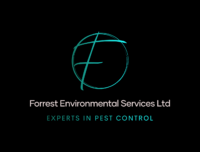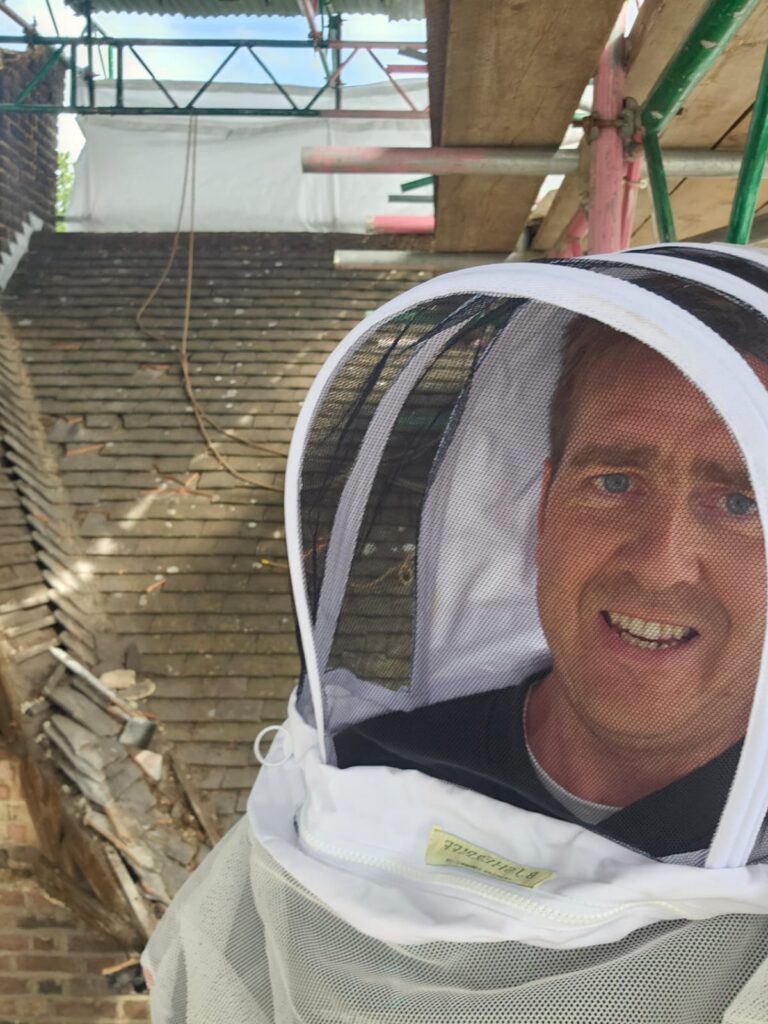Maintaining a healthy, pest-free garden can be a challenge for homeowners. However, professionals have developed methods to effectively manage pests while promoting a thriving outdoor space. Pest-proofing a garden isn’t about eradicating every insect, it’s about creating a balance that protects plants while allowing beneficial organisms to flourish.
If your garden is infested with pests, hire professional pest control in Letchworth and remove them completely.
Here’s a look at how professionals pest-proof gardens, ensuring the ecosystem remains intact.
How do professionals work in pest-proofing the domestic garden?
Thorough inspection
The first step for professionals is a comprehensive garden inspection to identify current pest issues and potential risks. This includes examining plant leaves, stems, soil, and mulch for signs of infestation, such as chewed leaves, droppings, or larvae. Understanding the types of pests present helps experts determine the most effective solutions and methods for pest-proofing.
Soil health management
Healthy soil is the foundation of a pest-resistant garden. Professionals improve soil quality by adding organic matter like compost and mulch. This encourages the growth of beneficial microorganisms, which naturally suppress harmful pests. Healthy soil also enhances plant vitality, making them more resilient to pest attacks. Proper soil drainage is also essential to discourage pests that thrive in moist conditions, such as slugs and snails.
Natural predators and beneficial insects
Rather than relying solely on chemical pesticides, professionals introduce natural predators like ladybugs, predatory mites, and birds to keep harmful pests in check. Encouraging these beneficial insects helps maintain balance in the garden ecosystem. Professionals may also plant certain flowers or herbs that attract predators and pollinators, further strengthening pest management efforts.
Physical barriers
Another common method is the use of physical barriers to keep pests away. This includes placing fine mesh netting or row covers over plants to protect them from birds, caterpillars, and insects. Installing copper tape around garden beds helps deter slugs and snails. Raised beds and fencing can also prevent larger animals, like rabbits or deer, from accessing plants.
Companion planting and crop rotation
Professionals often use companion planting as a natural pest deterrent. Certain plant combinations repel pests or attract beneficial insects. For instance, planting marigolds near vegetables can deter aphids, while basil can repel flies and mosquitoes. Rotating crops each season also helps prevent the buildup of pests that target specific plants year after year.
Organic pesticides
Professionals use organic or natural pesticides, such as neem oil or insecticidal soap, which are less harmful to the environment and non-target species. These products are used as a last resort to control severe infestations without disrupting the garden’s ecosystem.
Hire professional pest controllers from Forrest Environmental Services for comprehensive pest control solutions. Contact us today to find out more.

